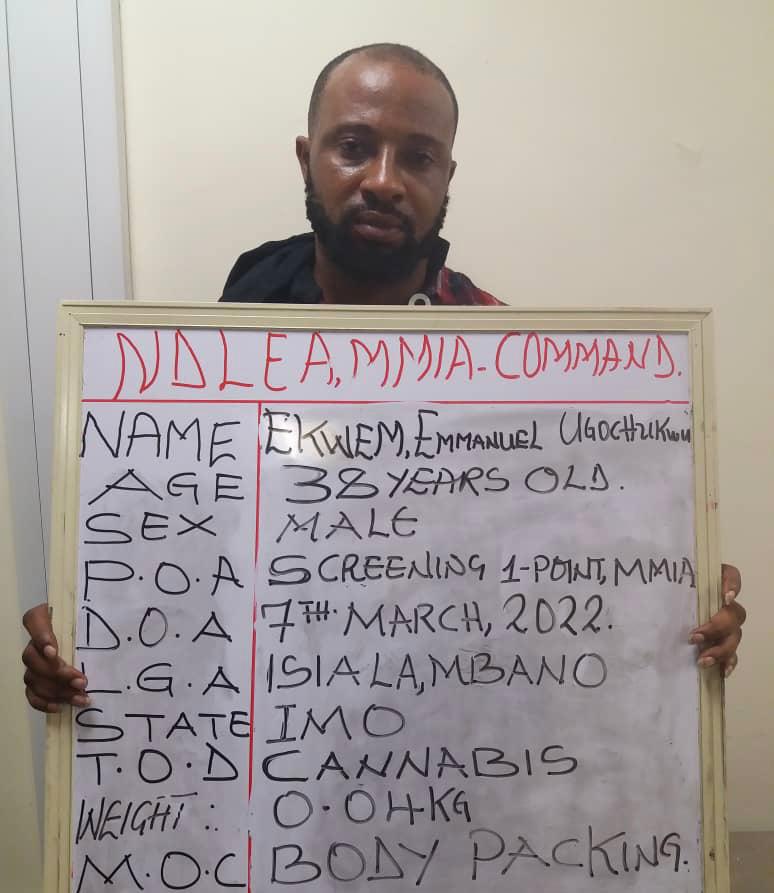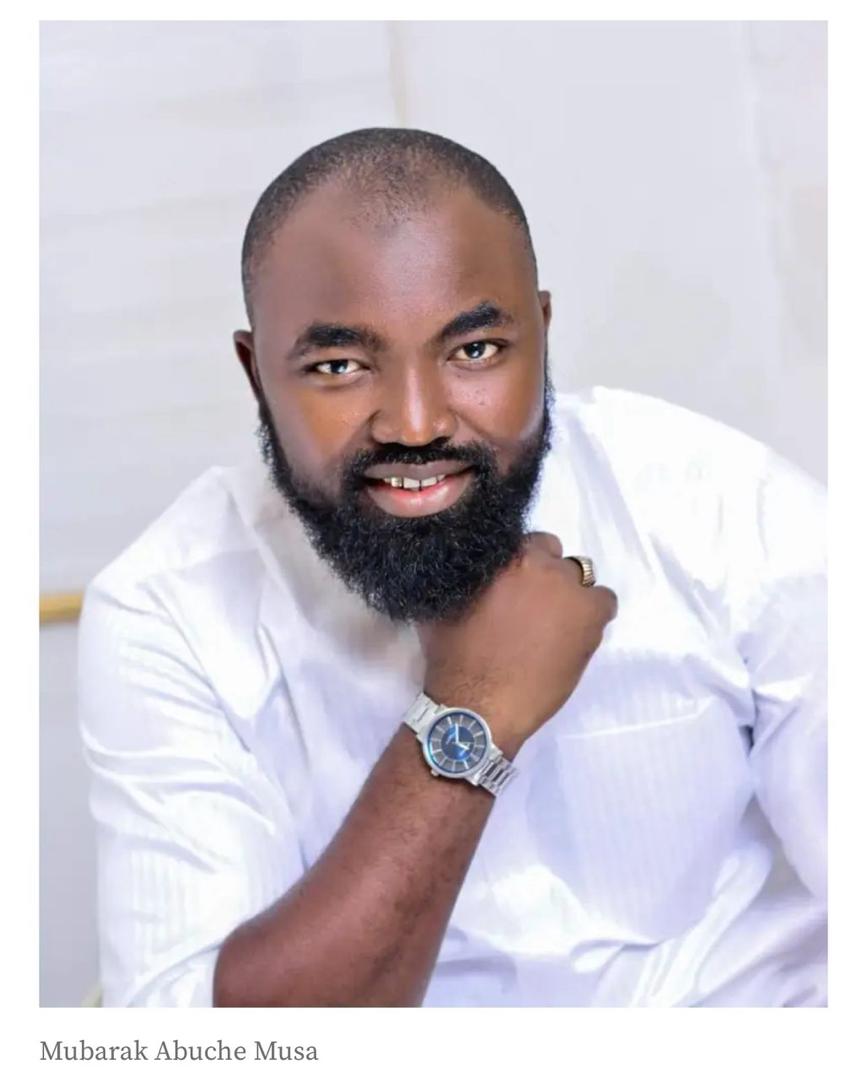The declaration of Aisha Sulaiman Achimugu as a wanted individual by the Economic and Financial Crimes Commission (EFCC) has sent ripples through Nigeria’s political and financial elite, exposing the deep-seated tensions within the ruling class.
Achimugu, a prominent businesswoman and known associate of Lagos State Governor Babajide Sanwo-Olu, is being sought over allegations of criminal conspiracy and money laundering. However, the unfolding saga appears to be about much more than financial misconduct—it is a battle for political survival among Nigeria’s top power brokers.
According to sources close to the investigation, Achimugu is accused of funneling funds to opposition figures Peter Obi and Atiku Abubakar during the 2023 elections—an allegation that has fueled speculation about loyalty shifts within the ruling All Progressives Congress (APC). Reports suggest that President Bola Tinubu, upon learning of the financial links between Achimugu and Sanwo-Olu, felt deeply “betrayed.” The implication that a trusted ally might have been indirectly supporting opposition candidates has reportedly placed Sanwo-Olu in a precarious political position.
Meanwhile, opposition leaders have strongly refuted these claims. Paul Ibe, spokesperson for Atiku Abubakar, dismissed the allegations as “fabricated lies” designed to serve political interests. This raises questions about whether the EFCC’s actions are purely legal in nature or part of a broader power struggle ahead of the next electoral cycle.
Achimugu’s current location remains unknown, with authorities suggesting she may have fled the country. Her absence further complicates the investigation, as some political analysts believe she holds critical information that could implicate key figures across party lines. The EFCC’s public appeal for information about her whereabouts reflects the urgency of the case, but it also signals the agency’s willingness to make an example out of her.
For Governor Sanwo-Olu, this development could mark a turning point in his political career. If found to have had knowledge of the alleged transactions, he could face severe consequences within his party. On the other hand, if Achimugu’s ties to the opposition turn out to be exaggerated, it could expose the case as a politically motivated crackdown.
Beyond the immediate drama, this case highlights a recurring theme in Nigerian politics—loyalty is often conditional, and those caught between rival factions risk becoming collateral damage. As the 2027 elections inch closer, the pursuit of Achimugu may serve as a warning to others within the political elite: in a high-stakes power game, alliances can be fragile, and any misstep can lead to swift consequences.
Whether Achimugu is eventually captured or remains elusive, her case will continue to shape the narrative of Nigeria’s political landscape, raising questions about the balance between justice, political vendettas, and the true forces driving law enforcement actions in the country.
Political Storm: EFCC’s Manhunt for Aisha Achimugu Sparks Tensions in Power Circles




